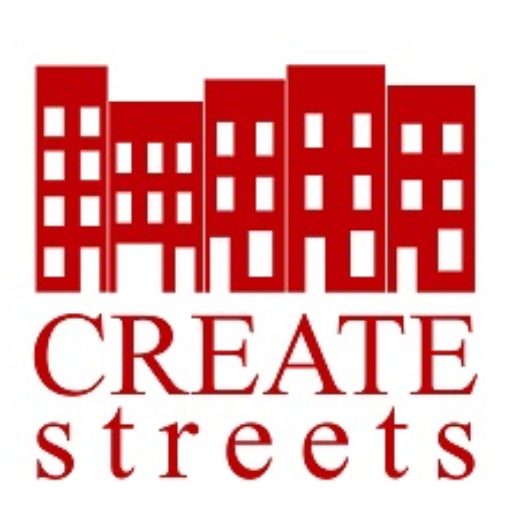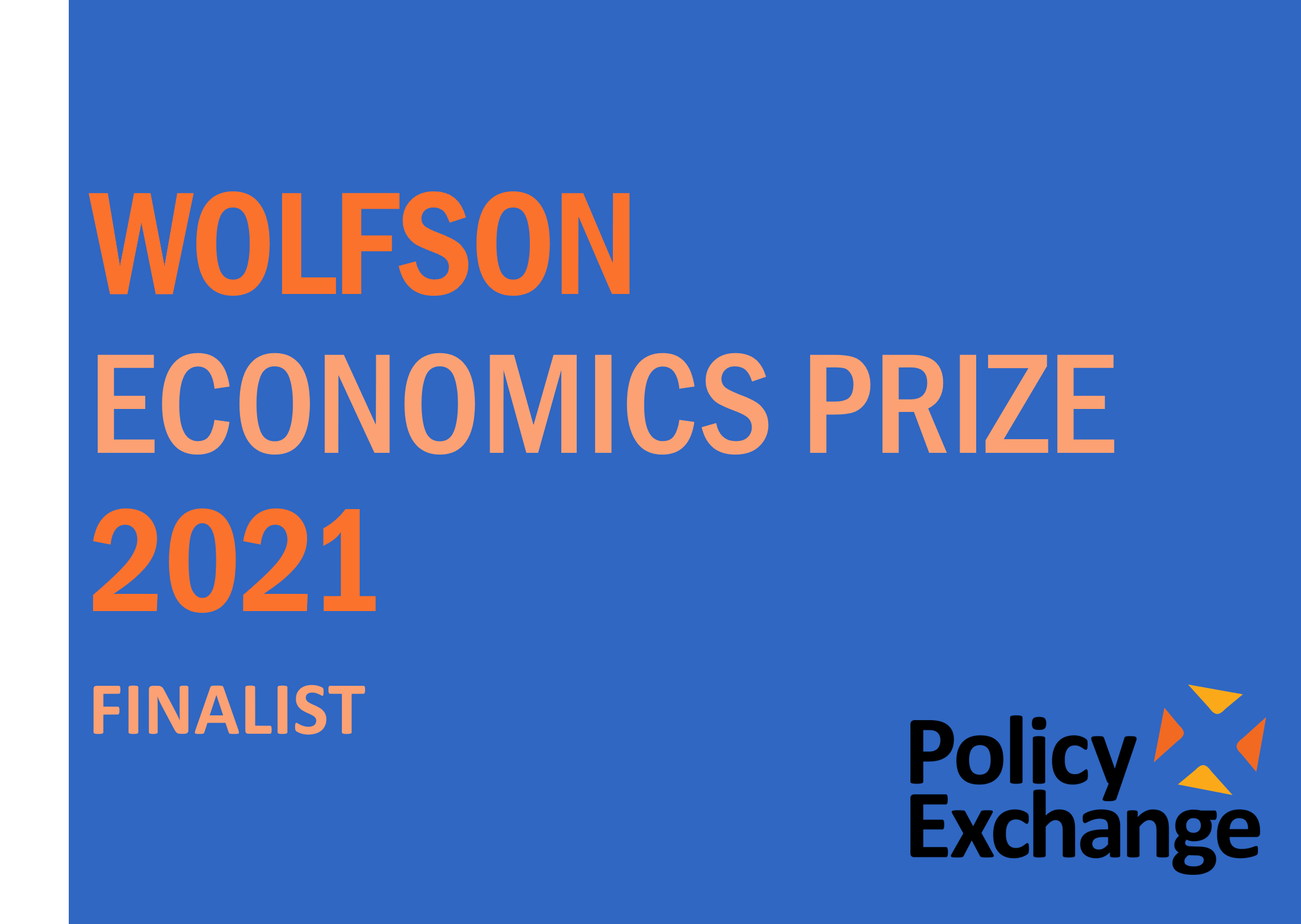Create Streets are extremely proud to have been selected as a finalist to the £250,000 Wolfson Economics Prize.
The submission was completed in partnership with John Simpson Architects, the Create Streets Foundation, Ruggles Mabe Studio Architecture + Interiors and Osbornes (Quantity Surveyors) Ltd.
The Wolfson Economics Prize
First awarded in 2012, the Wolfson Economics Prize is the second largest economics prize in the world after Nobel. Sponsored by Lord Wolfson and run-in partnership with the think tank Policy Exchange, The Prize invites new thinking to address major economic policy issues that aren’t already subject to significant public discourse.
The 2021 question asks:
‘How would you design and plan new hospitals to radically improve patient experiences, clinical outcomes, staff wellbeing, and integration with wider health and social care?’
Finalists
Five entries were shortlisted as finalists, from 250 organisations representing 15 countries across the world.
Creating Complete Hospitals
Too much twentieth century science, design, management and medicine treated problems as simplistic time and motion studies, as machines where inputs could be directly related to outputs and where efficiency was about size and avoiding extraneous distractions. Across nearly all spheres of human endeavour bigger was better and the local and the natural, the charming and the idiosyncratic needed to be swept cleanly away in the name of scientific progress.
This approach had many strengths: hospitals got cleaner; food got cheaper; lives got longer.
But it had weaknesses as well. We failed to understand how complex and interlinked were the ecosystems which keep us alive or indeed the chemical and biological process within our own bodies. We started to build disposably for the short term not enduringly for the long term.
Our submission is written in the spirit of moving hospital design from the twentieth century to the twenty first, from ‘factories for fixing’ to ‘places for healing’. It responds to the overwhelming professional belief which our research unearthed that hospitals need to be better places for patients and for staff. Only 8% of respondents to our indicative survey felt that current hospitals’ physical environments had a positive effect on patient service.
You can read our final round submission here.


